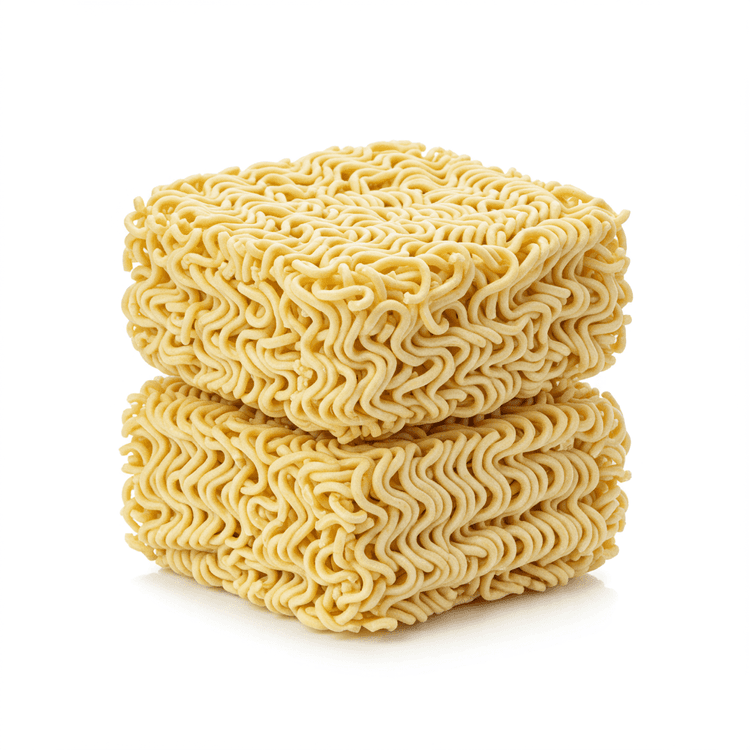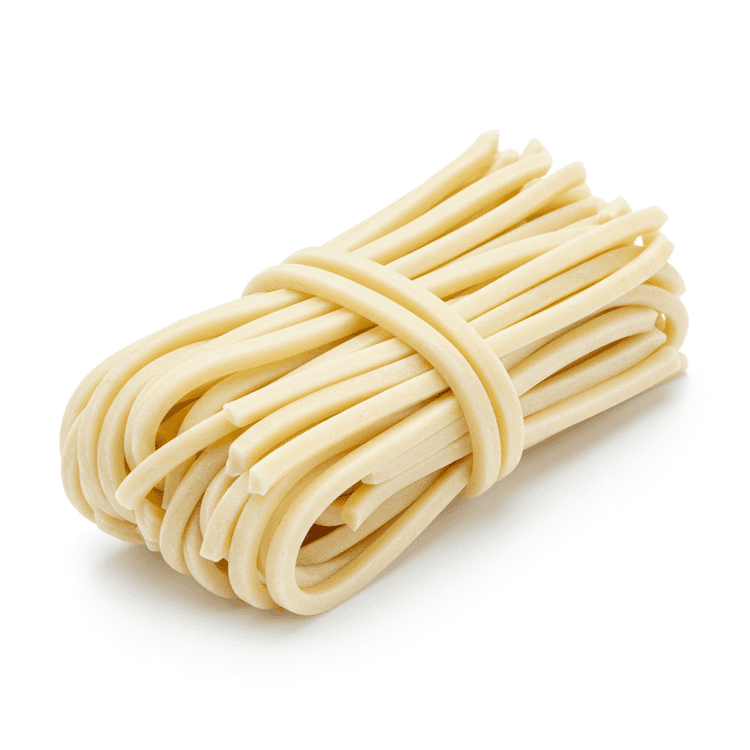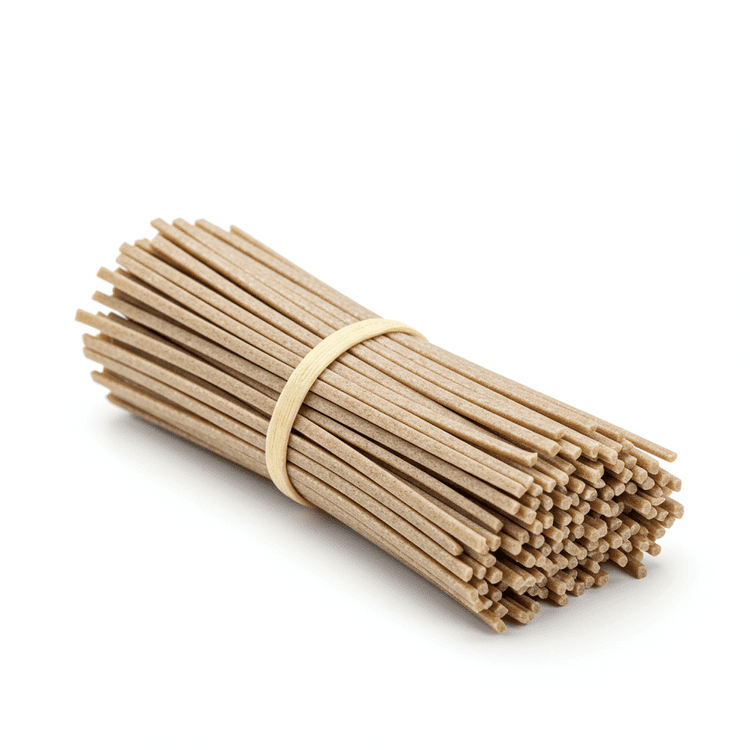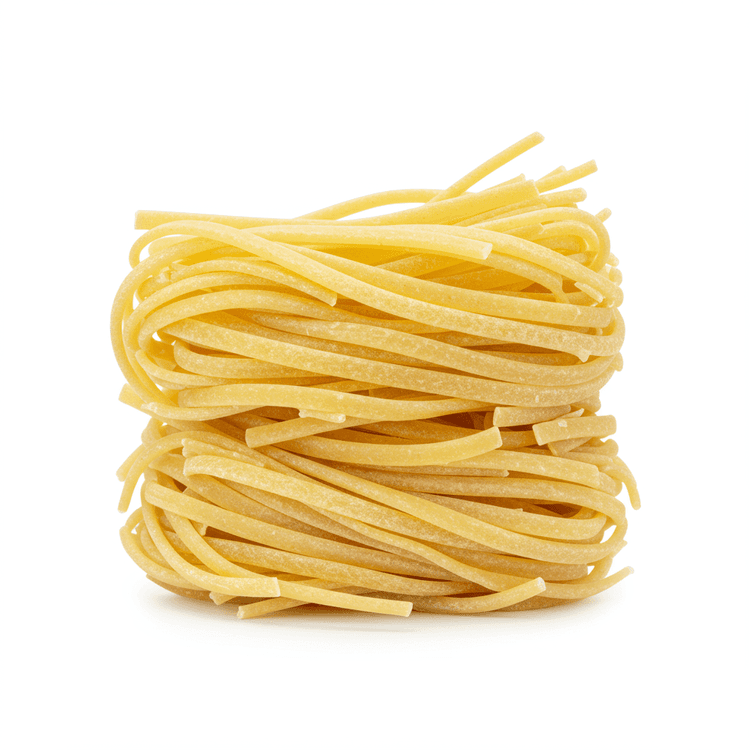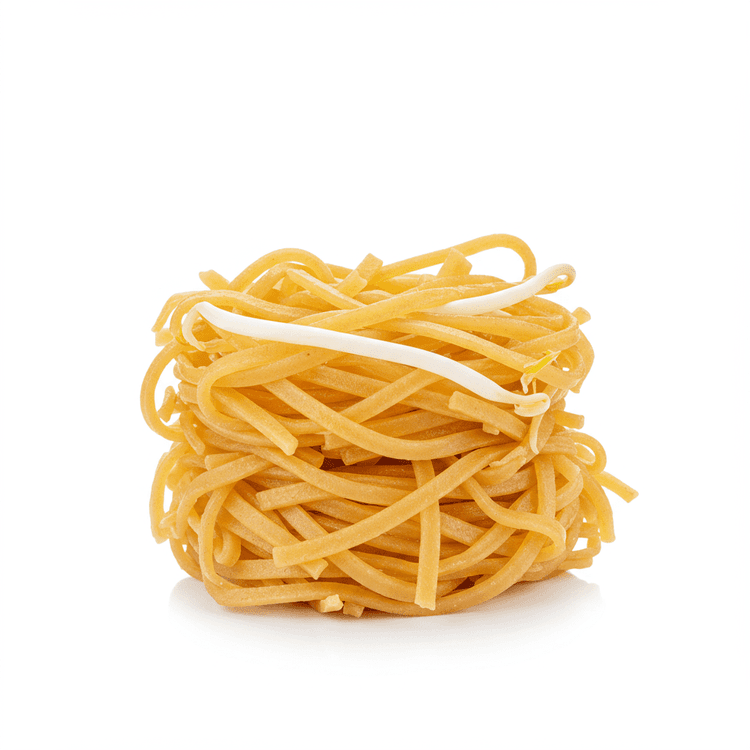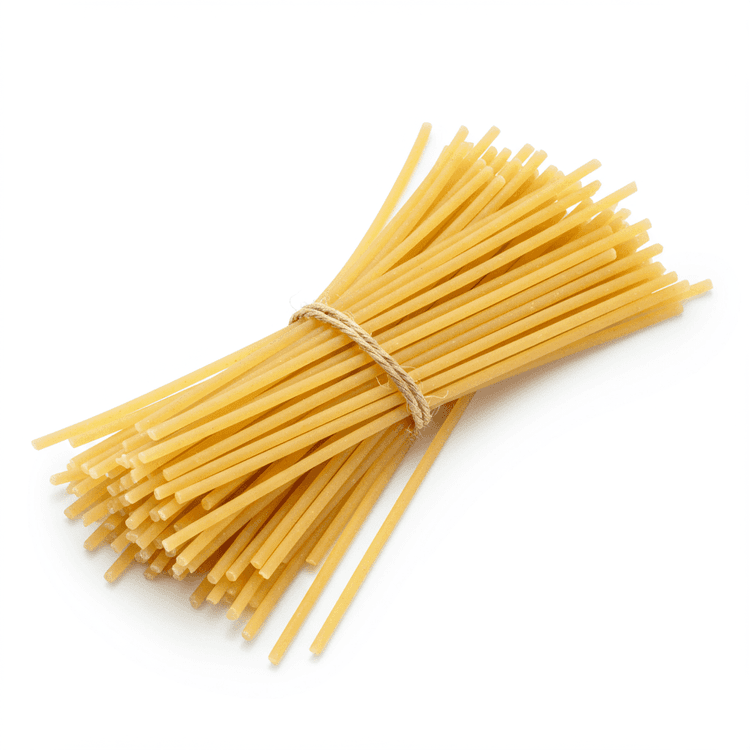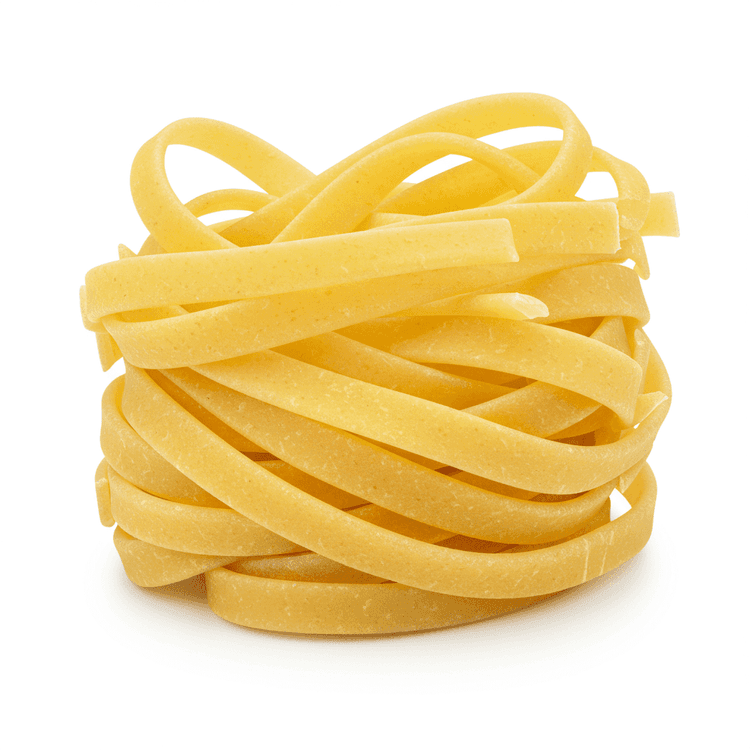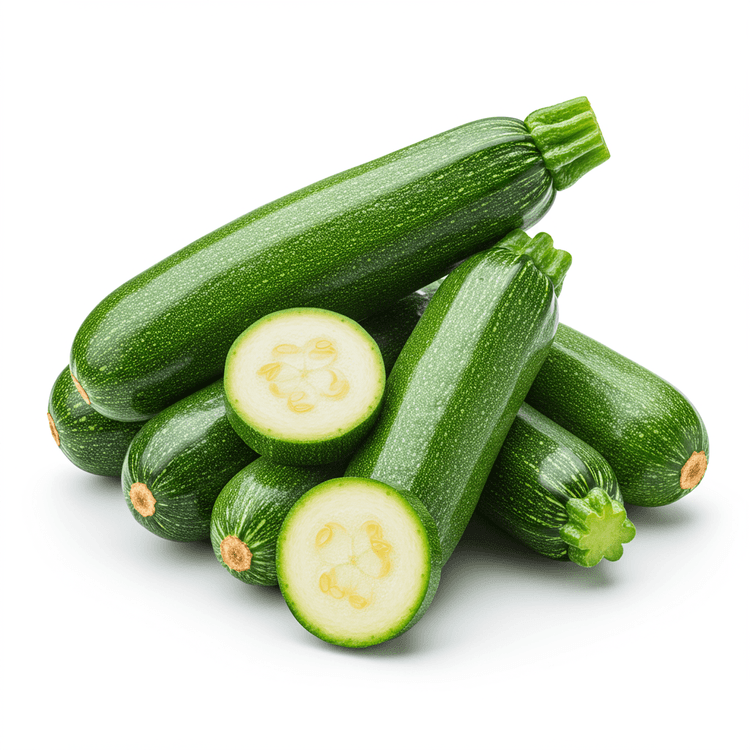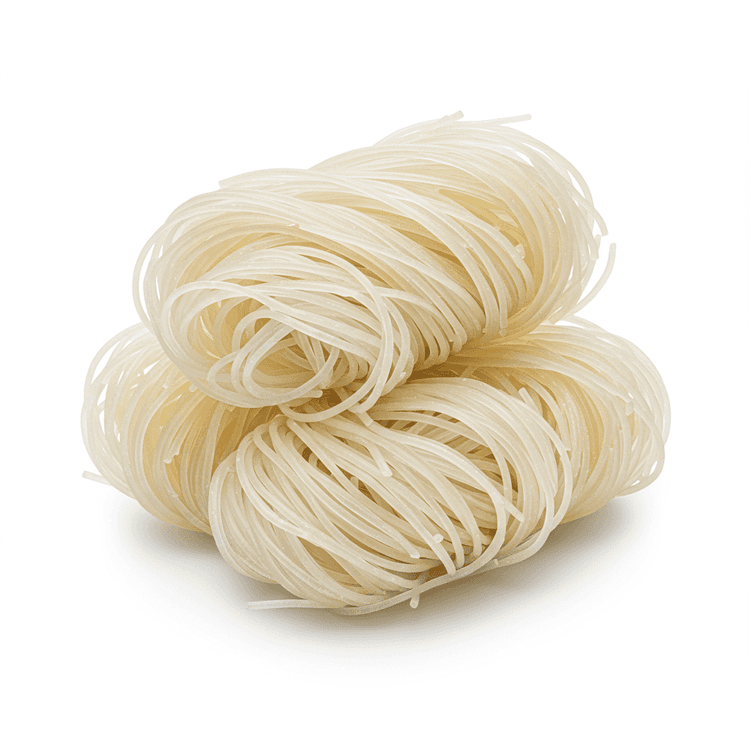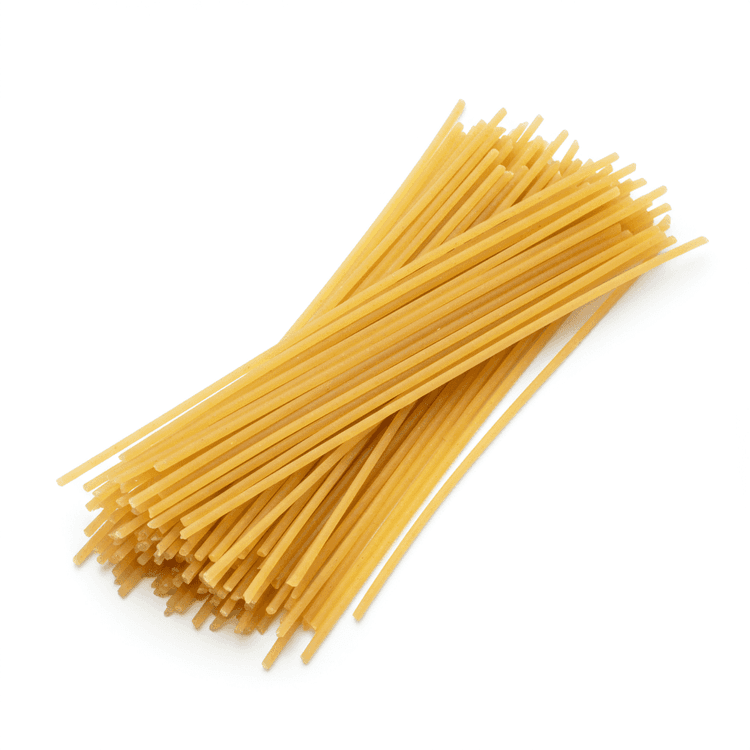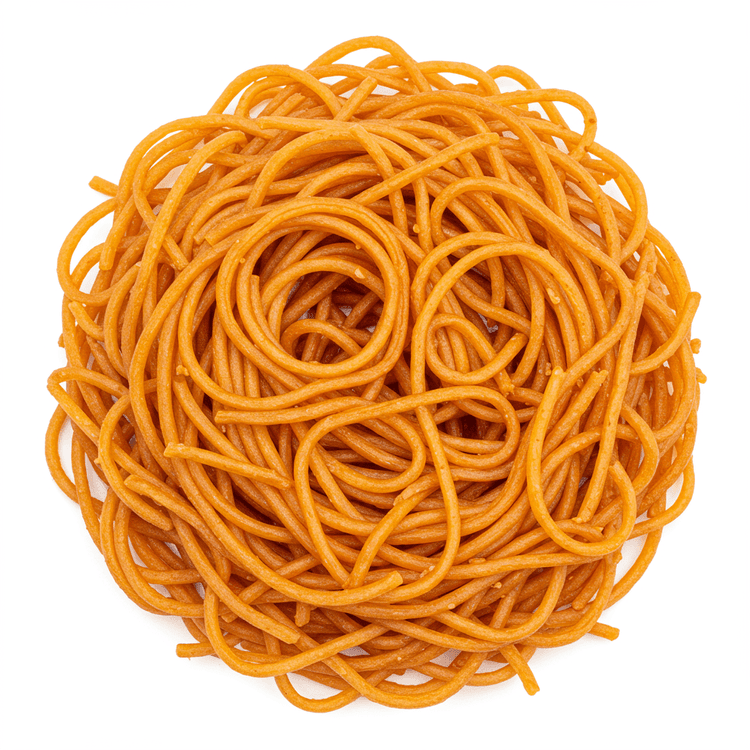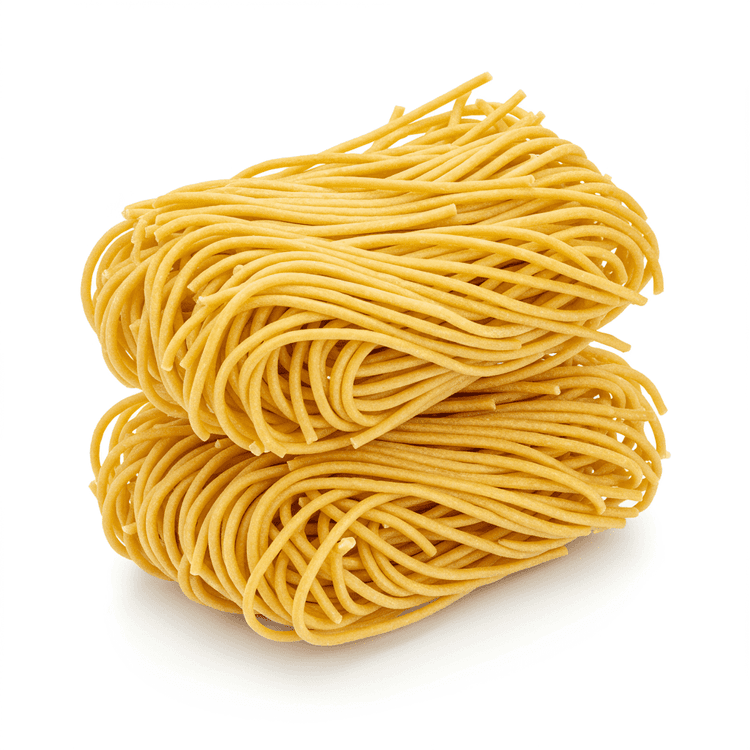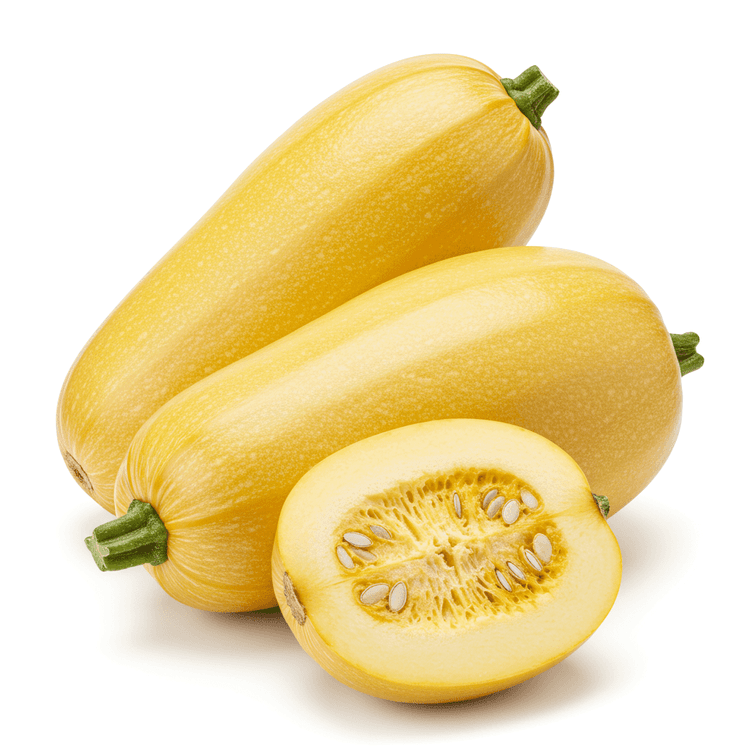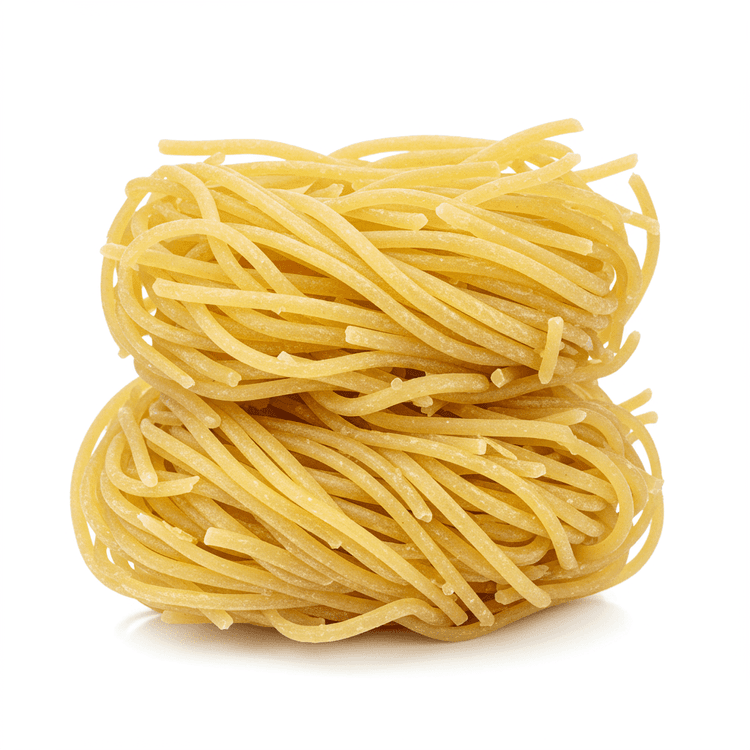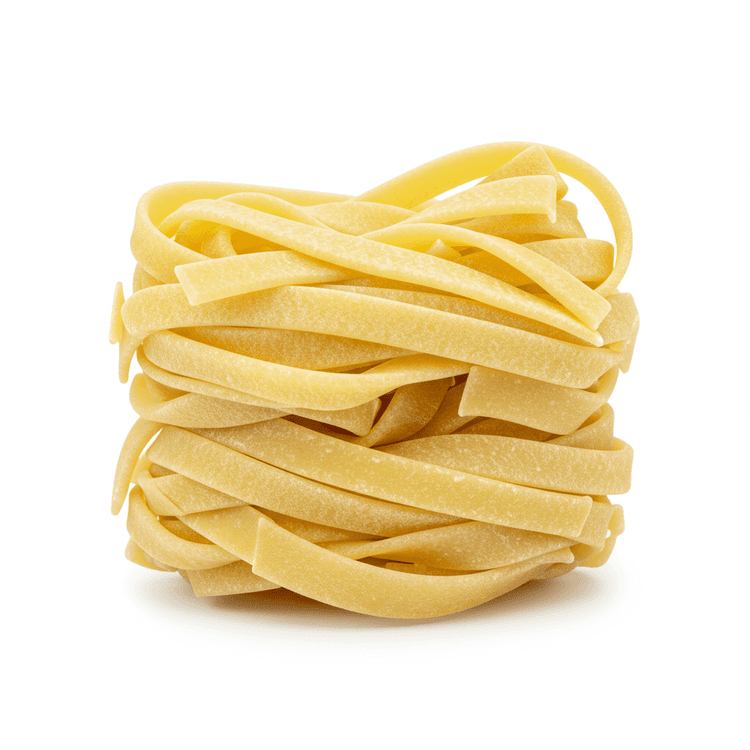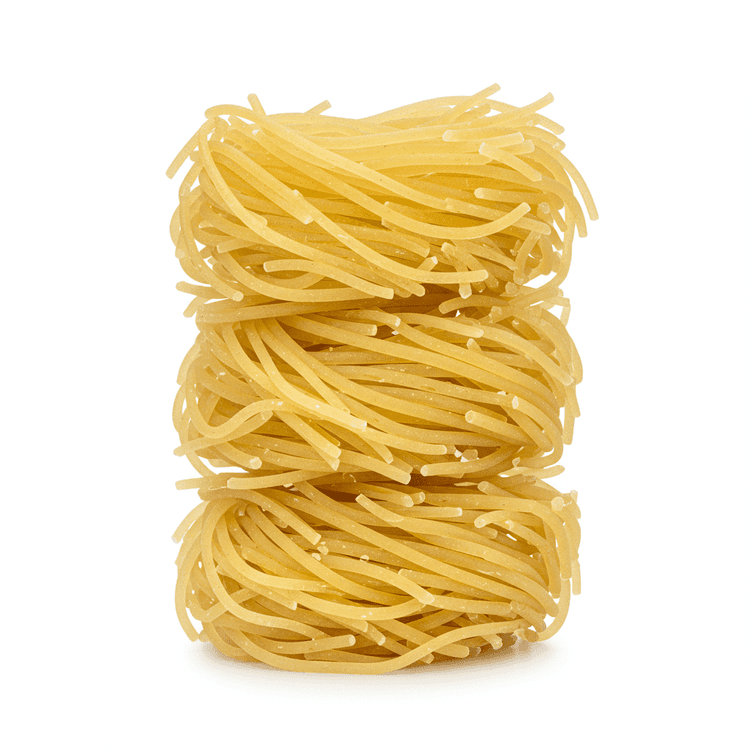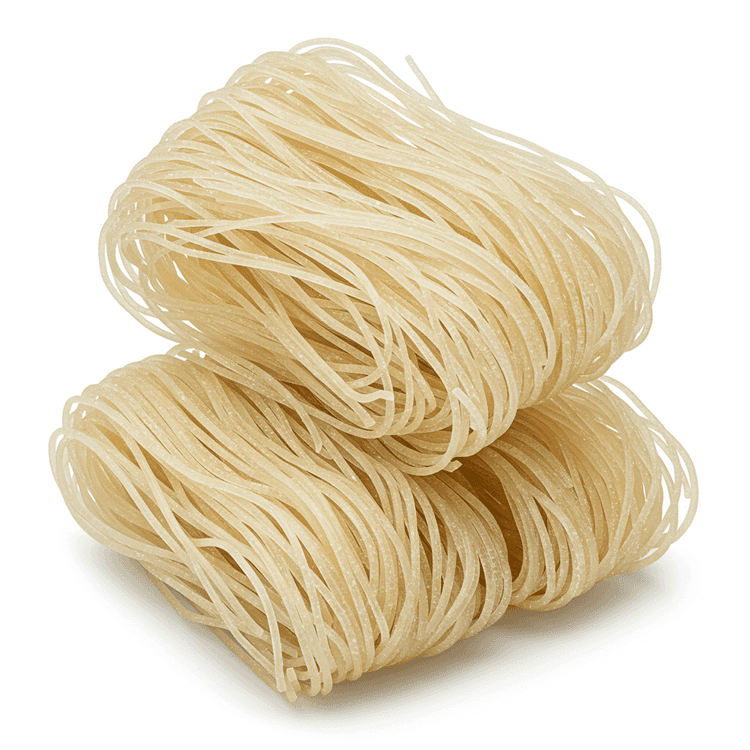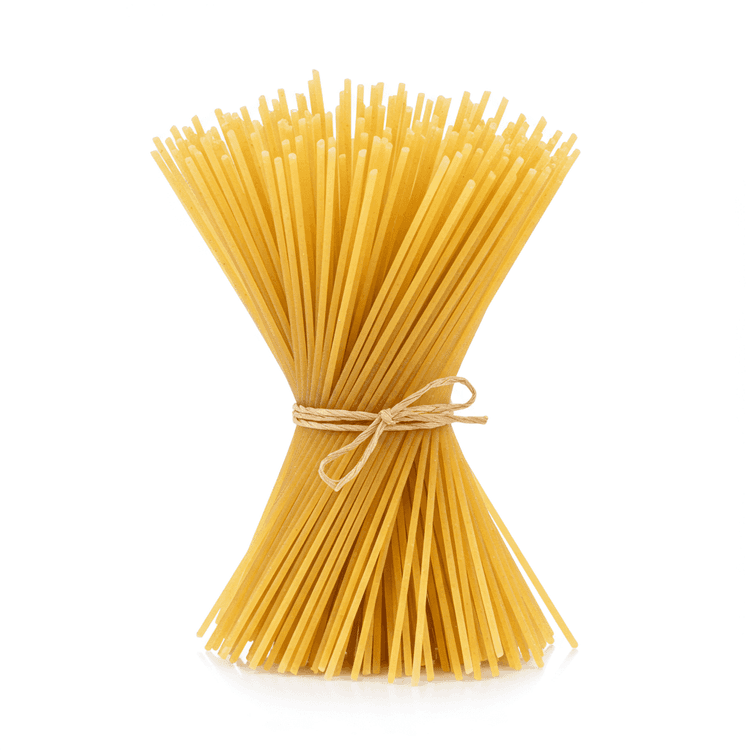
Spaghetti
Spaghetti is a long, thin, cylindrical pasta that is a staple in Italian cuisine and widely loved around the world. Made from durum wheat semolina and water, it has a firm texture when cooked al dente and a neutral flavor that pairs beautifully with a variety of sauces, from rich tomato-based marinara to creamy Alfredo. Its golden color and smooth surface make it visually appealing, while its versatility ensures it can be used in countless recipes, making it a favorite for quick weeknight dinners and elaborate meals alike.
Common Uses
- Serve spaghetti with classic marinara or Bolognese sauce for a traditional Italian meal that highlights its ability to absorb rich flavors.
- Toss spaghetti with olive oil, garlic, and fresh herbs for a simple yet aromatic dish perfect for light lunches or side dishes.
- Use spaghetti as the base for stir-fry recipes, combining it with vegetables, proteins, and Asian-inspired sauces for a fusion twist.
- Incorporate spaghetti into baked pasta dishes, layering it with cheese, meat, and sauce for a hearty casserole-style meal.
- Create cold spaghetti salads by mixing it with fresh vegetables, vinaigrette, and proteins like chicken or shrimp for a refreshing summer dish.
- Pair spaghetti with seafood, such as clams or shrimp, in a garlic and white wine sauce for an elegant dinner option.
Health Benefits
- Spaghetti is a versatile source of carbohydrates, providing energy for daily activities and meals.
- It pairs well with a variety of sauces, making it a staple in balanced meals that include vegetables, proteins, and healthy fats.
- Whole-grain spaghetti offers added fiber, supporting digestion and promoting a feeling of fullness.
- It is low in fat and can be part of heart-healthy diets when combined with nutrient-rich toppings.
- Spaghetti is easy to prepare and can be adapted to fit vegetarian, vegan, or gluten-free diets with alternative versions.
- It serves as a base for nutrient-dense meals when combined with lean proteins and fresh vegetables.
Substitutes
Chefadora AI is here.
Experience smarter, stress-free cooking.
Storage Tips
Uncooked spaghetti should be stored in a cool, dry place in its original packaging or an airtight container to prevent moisture exposure. Once cooked, store spaghetti in an airtight container in the refrigerator and consume within 3-5 days. For longer storage, cooked spaghetti can be frozen in portion-sized containers for up to 2 months. Always ensure it is cooled completely before freezing to maintain texture.
Marnirni-apinthi Building, Lot Fourteen,
North Terrace, Adelaide, South Australia, 5000
Australia
